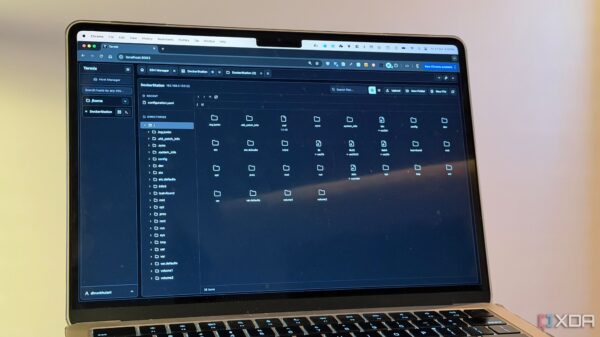URGENT UPDATE: Costs for work lunches have surged by 23% year-over-year, pushing many employees to skip meals entirely to save money. A new report from ezCater reveals that the average worker now spends a staggering $108.68 each week on lunches, a sharp increase from $88 last year.
Inflation is impacting more than just groceries and rent; it’s also squeezing lunch budgets. The data, based on a survey of 1,000 full-time US employees conducted in June 2025, shows that employees are buying lunch 2.6 times a week, spending about $34.82 on average per outing—a rise of 26% compared to the previous year.
As prices climb, nearly 1 in 5 workers are choosing to skip meals to cope with rising costs. This alarming trend is particularly pronounced among younger employees, with millennials and Gen Z workers more likely to feel pressured to forgo lunch breaks.
“Our data shows that hangry workers are bad for business,” said Robert Kaskel, VP of People at ezCater. “Forty-three percent of workers who skip lunch take longer to complete tasks, while 38% report being blunt with colleagues.” This lack of nourishment not only affects productivity but also contributes to increased work-related stress.
The report indicates that Gen Z employees are 110% more likely than older colleagues to feel guilt about taking a lunch break, causing a negative impact on their mental health. “When your youngest employees feel guilty about taking their lunch break, it’s a big red flag,” Kaskel added.
In the current high-pressure work environment, the notion that skipping lunch leads to greater efficiency is misleading. Research from the Journal of Pharmaceutical Research International in 2021 indicates that a regular, one-hour lunch break can significantly enhance job satisfaction and reduce absenteeism.
As the issue escalates, business leaders must recognize that a workforce deprived of lunch can’t maintain productivity for long. The report serves as a critical reminder that if lunch has become a luxury, it’s one the modern workplace cannot afford to lose.
Stay tuned for further updates on this pressing issue impacting workers nationwide.







































































